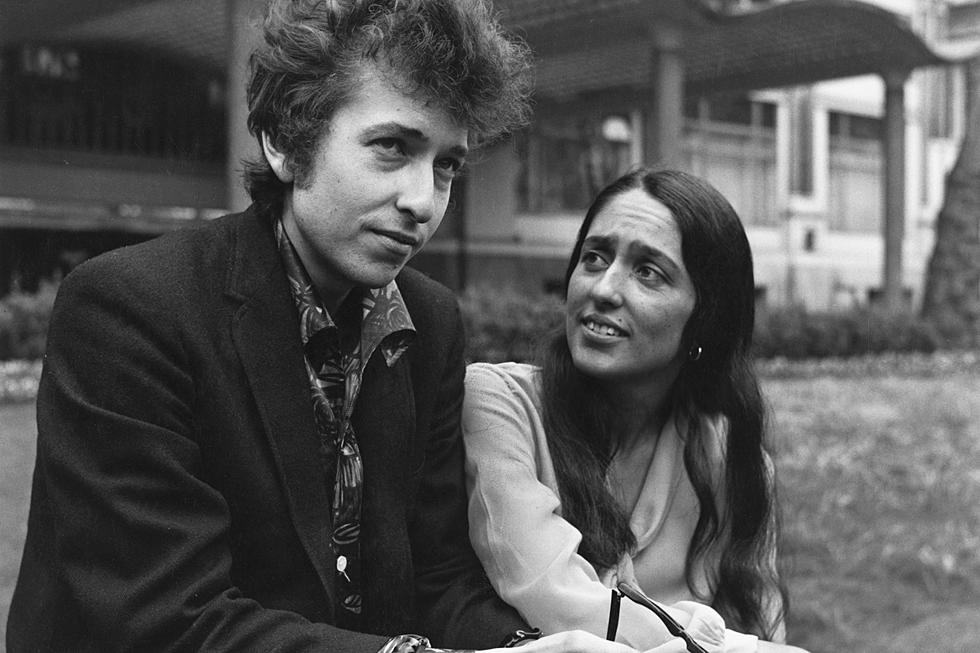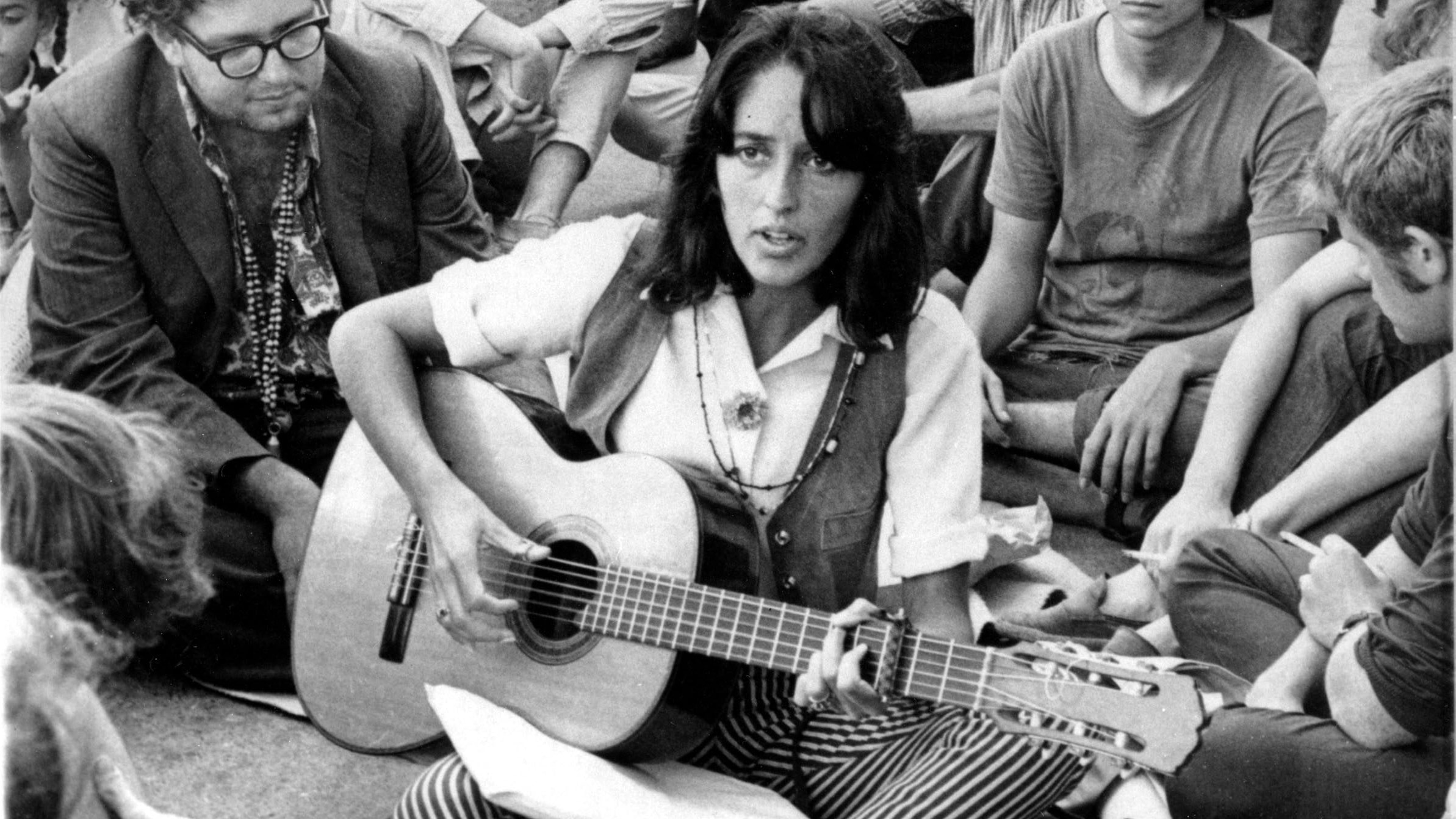
Some songs feel timeless not only because of their melody but because of the truths they carry. Dire Straits’ Brothers in Arms, written by Mark Knopfler in 1985 against the backdrop of the Falklands War, is one of those songs. It is a lament, a hymn, and a quiet protest all at once. And when Joan Baez lends her voice to it, the song is transformed into something even more haunting, more universal, and profoundly human.
Joan Baez has always been more than a singer. She is an activist, a poet, and a moral compass who used music as a tool to spark change and give voice to those who could not speak for themselves. From the civil rights marches of the 1960s to anti-war protests that spanned decades, Baez never separated her art from her conscience. Her voice—pure, crystalline, and unshakably honest—has always carried the weight of conviction. That is why her interpretation of Brothers in Arms feels less like a cover and more like a testimony.

The original version of the song by Dire Straits was already steeped in sorrow, a reflection on the futility of war and the unbreakable bonds forged between soldiers. But when Baez sings it, the words shift perspective. Instead of hearing it only through the eyes of a soldier, we hear it through the heart of humanity itself—through the voice of someone who has spent her entire life urging the world to turn away from violence. Her gentle phrasing and delicate control make every line feel like a prayer whispered for the fallen, for the grieving, and for the living who must learn from the past.
What makes this rendition even more powerful is Baez’s own history. She was a prominent figure in the anti-Vietnam War movement, performing at rallies and putting her career on the line for the sake of peace. She sang for Martin Luther King Jr. and stood with protesters on the frontlines of some of America’s most turbulent decades. When she sings Brothers in Arms, the listener can feel the lived experience behind her words. It is not performance—it is remembrance.

The song itself paints a picture of soldiers bound not by politics or governments but by the simple truth of survival and sacrifice. “We’re fools to make war on our brothers in arms,” Knopfler wrote, and Baez delivers that line with quiet devastation. In her voice, it becomes not only a statement of fact but a challenge to all who listen: How many times must humanity repeat the same mistakes? How many lives must be lost before peace is truly valued?
To hear Joan Baez perform Brothers in Arms is to sit in stillness. The world around you seems to pause. Her voice draws you inward, asking you to reflect not only on war and conflict but also on the fragility of life itself. It is music as meditation, music as mourning, and music as a plea for change.
In the end, her rendition reminds us why Joan Baez remains one of the most important voices of our time. She doesn’t just sing songs—she transforms them into vessels of empathy and truth. And with Brothers in Arms, she leaves us with something both beautiful and painful: a reminder of the cost of war and a hope, however fragile, that we may one day choose a different path.